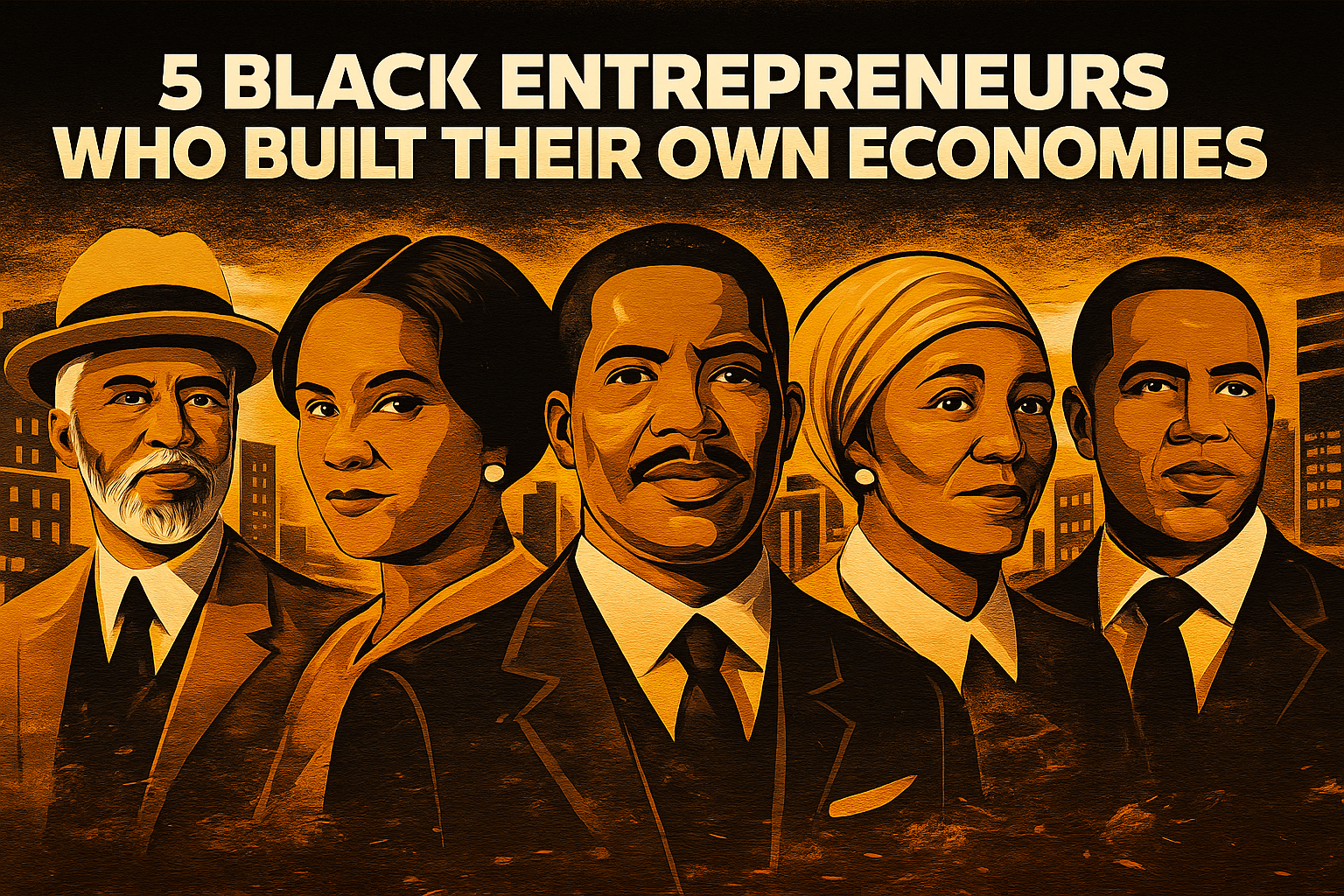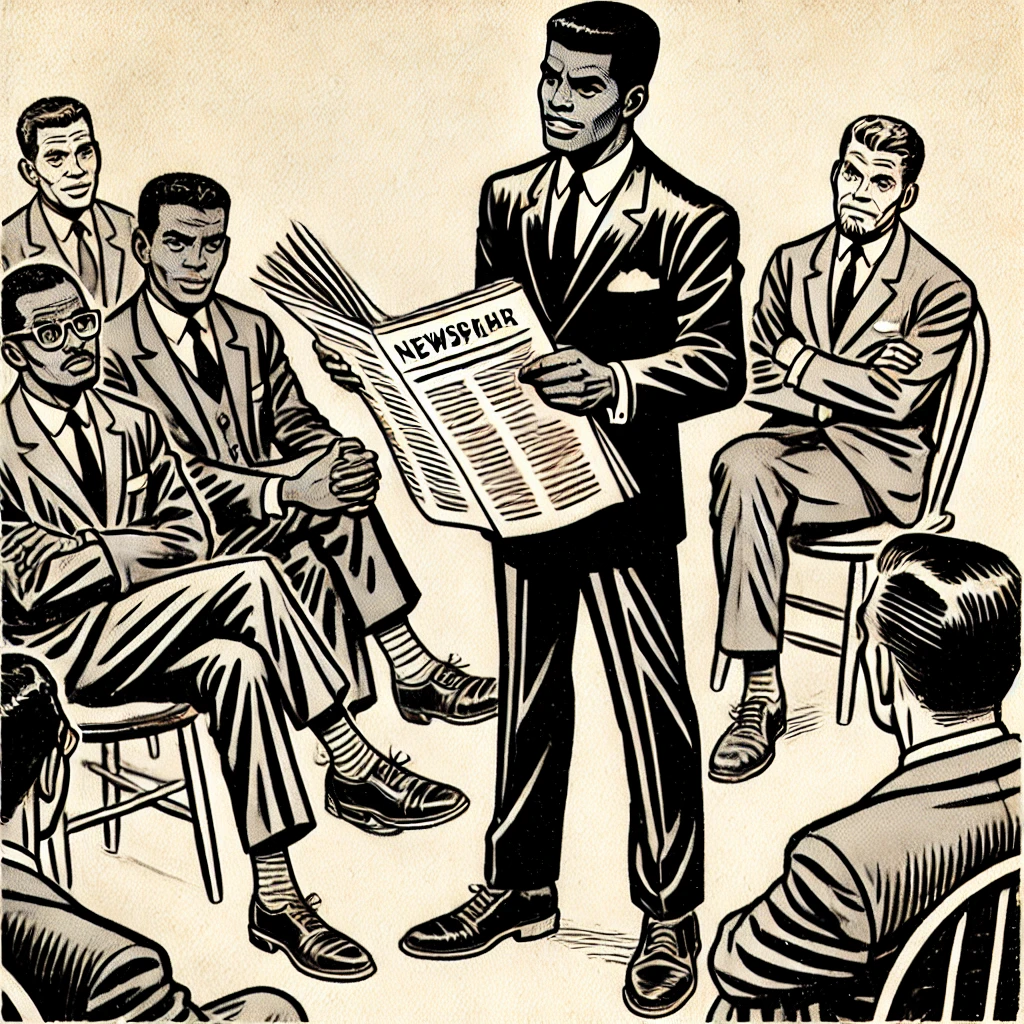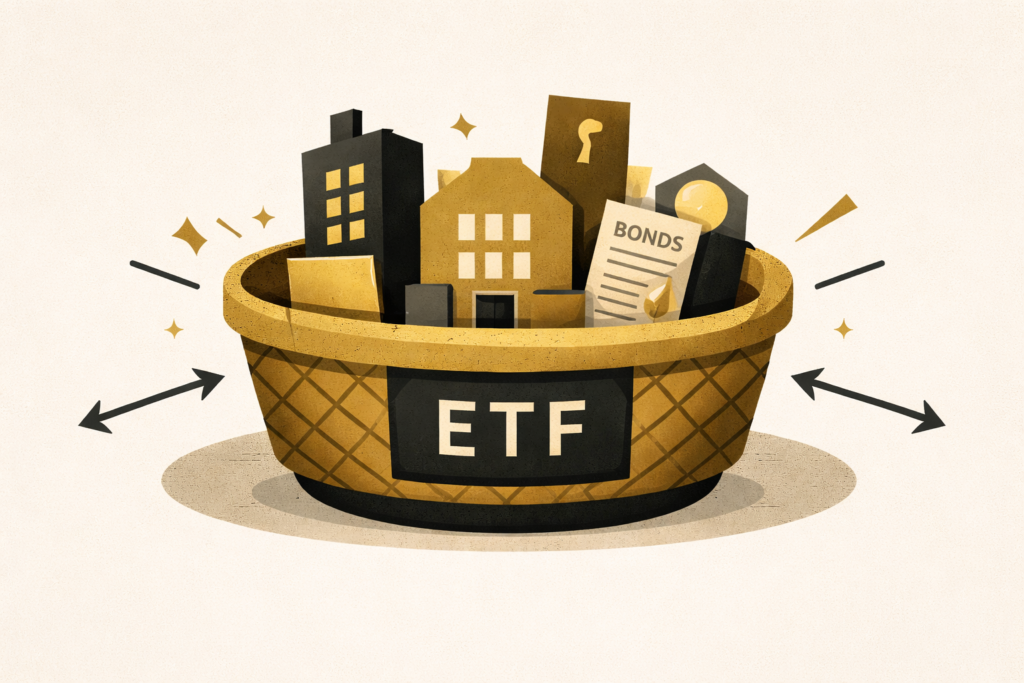
Picture a world where your last name is your business card.
Where your ideas, not your zip code, decide your destiny.
That’s exactly what these five Black entrepreneurs did — they didn’t just build wealth, they built economies.
Each one created a system so powerful that their communities thrived long after they were gone.
Let’s step into their stories — and learn the blueprints hidden in their brilliance.
1. O.W. Gurley – The Visionary Behind Black Wall Street
Before there was Silicon Valley, there was Greenwood.
And the man who sparked it all was Ottowa W. Gurley, a businessman who bought 40 acres of land in Tulsa, Oklahoma — and turned it into a Black paradise.
He didn’t just build businesses; he built a self-sustaining economy.
Gurley owned hotels, grocery stores, real estate, and a bank that funded other Black entrepreneurs.
His vision was simple but revolutionary:
“We can build it ourselves.”
And for a time, they did — until the 1921 massacre tried to erase it. But the legacy of ownership Gurley left behind still fuels a generation ready to rebuild.
2. Madam C.J. Walker – From Washerwoman to Empire Builder
Born to formerly enslaved parents, Sarah Breedlove, better known as Madam C.J. Walker, turned hair care into history.
With $1.25 and a relentless spirit, she created the Madam C.J. Walker Manufacturing Company, empowering thousands of Black women as sales agents and entrepreneurs.
Her business didn’t just sell products — it created opportunity.
She hosted beauty conventions, trained business leaders, and built schools.
By 1919, she became America’s first self-made female millionaire.
Her secret wasn’t just hair cream — it was community reinvestment.
3. Reginald F. Lewis – The Billion-Dollar Strategist
Reginald Lewis didn’t just dream big — he acquired big.
In 1987, he purchased Beatrice International Foods for nearly a billion dollars, making him the first African American to own a company of that scale.
His book, Why Should White Guys Have All the Fun?, is still a required read for anyone serious about business.
Lewis understood leverage — using law, finance, and strategy to build empires instead of just working for them.
He didn’t just break the glass ceiling; he bought the building.
4. Biddy Mason – The Real Estate Matriarch
Born enslaved in Georgia, Biddy Mason walked from Mississippi to California — and walked straight into freedom.
She saved every dollar she earned as a nurse and midwife, eventually buying land in Los Angeles.
That land became part of what’s now downtown L.A.
She built rental properties, funded schools, and donated to charities — all while teaching her community the value of ownership.
When others saw poverty, she saw potential.
Her motto might as well have been:
“Own where you stand.”
5. Robert F. Smith – The Modern Mogul
Fast-forward to today. Robert F. Smith, founder of Vista Equity Partners, is worth billions — but his impact runs deeper than his bank account.
In 2019, he shocked the world by paying off the student debt of Morehouse College’s entire graduating class.
But his real power move?
He invests in Black tech companies, startups, and education — building an ecosystem that looks a lot like Gurley’s dream, but in the digital age.
Smith shows that modern wealth is about multiplying opportunity.
The Blueprint They Left Us
Each of these icons used the same formula — even if they didn’t know it:
- Ownership – control the assets.
- Circulation – keep the money in the community.
- Education – teach the next generation the game.
- Reinvestment – turn profit into purpose.
- Protection – build systems that outlive you.
That’s not just business — that’s legacy economics.
Final Word: Rebuild the System They Started
These five names aren’t just history — they’re homework.
Because what they built, we can rebuild stronger.
In 2025, our “economies” might look like online stores, stock portfolios, and digital products — but the principle is the same.
Don’t just make money.
Create circulation. Build systems. Teach the next generation.
The next era of Black wealth won’t be found on Wall Street — it’ll be built in our homes, our communities, and our minds.







